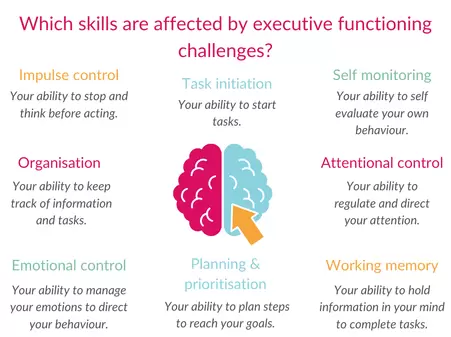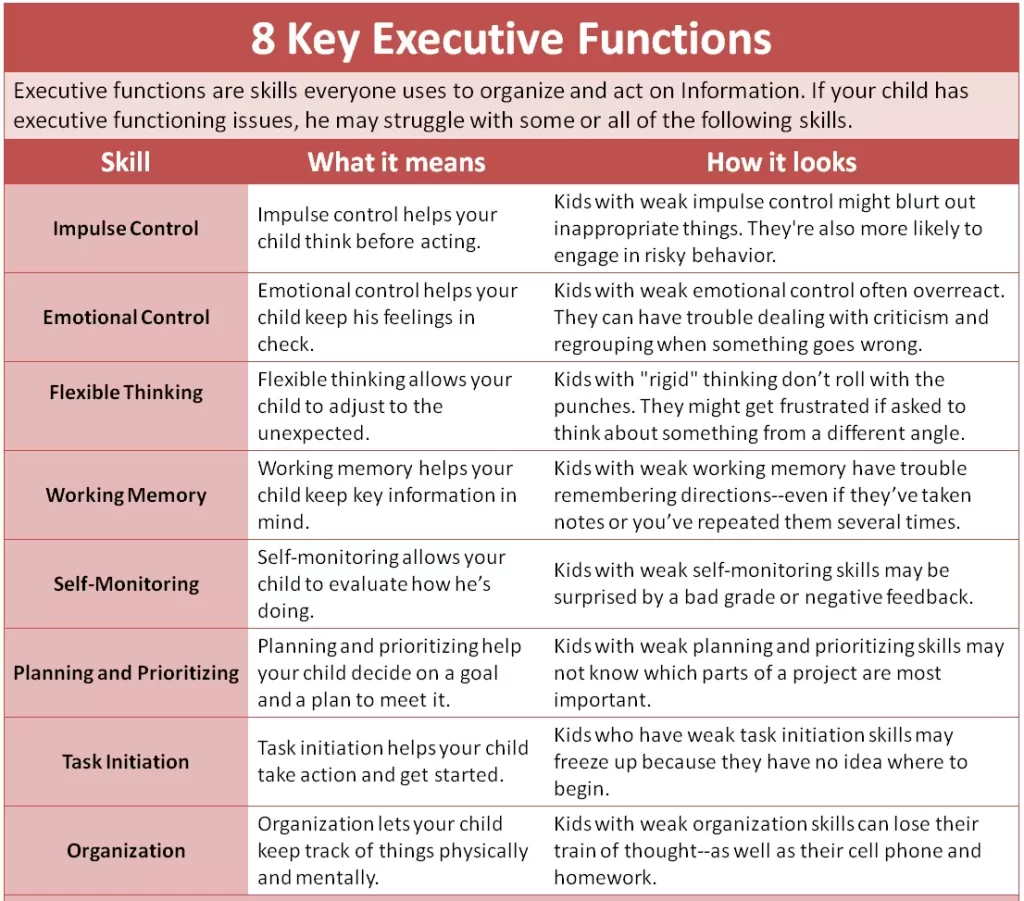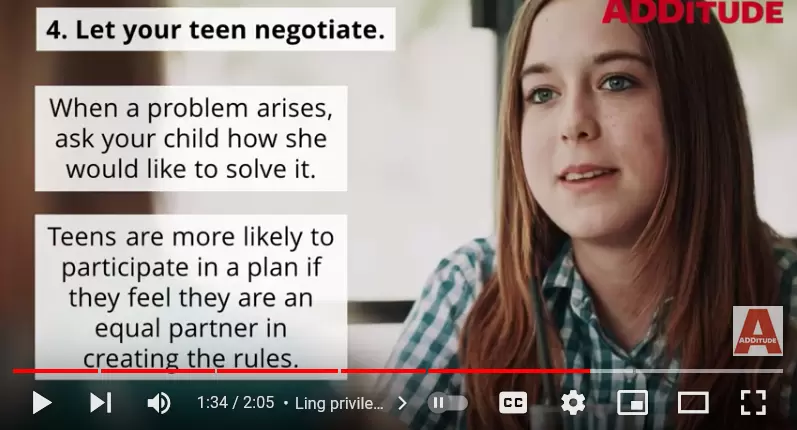If you have a teenager who is exhibiting problem behaviour, chances are they are lacking in executive functioning skills.
NO ONE IS BORN WITH EXECUTIVE FUNCTION SKILLS BUT NEARLY EVERYONE CAN LEARN THEM
The phrase “executive function” refers to a set of skills which underlie the capacity to plan ahead and meet goals, display self-control, follow multiple-step directions even when interrupted, and stay focused despite distractions, among others.
Much like an air traffic control system at an airport helps planes on different runways land and take off safely, executive function skills help our brains prioritize tasks, filter distractions, and control impulses
Adults set up the framework for children to learn and practice these skills over time by
establishing routines, breaking big tasks into smaller chunks, and encouraging games that promote imagination, role-playing, following rules, and controlling impulses.
learning to control impulses, pay attention, and retain information actively in one’s memory does not happen automatically as children mature, and young children who have problems with these skills will not necessarily outgrow them.
Children who do not stay on task, lose control of their emotions, or are easily distracted are not “bad kids” who are being intentionally uncooperative and belligerent.
There are many ways to help kids who struggle with executive function skills get more organised. Making checklists is one essential strategy. Kids with poor executive function skills often don’t know how to start a project and can get overwhelmed before they begin. Breaking a task into several smaller steps helps
The steps necessary for completing a task often aren’t obvious to kids with executive dysfunction, and defining them clearly ahead of time makes a task less daunting and more achievable. Following a checklist of steps also minimizes the mental and emotional strain many kids with executive dysfunction experience while trying to make decisions.
“Often these kids will get so wrapped up in the decision-making process that they never even start the task. Or, if they do begin, they’re constantly starting and restarting because they’ve thought of a better way to do it. In the end they’re exhausted when the time comes to actually follow though.” With a checklist, kids can focus their mental energy on the task at hand.
You can make a checklist for nearly anything. posting a checklist of the morning routine can be a sanity saver: make your bed, brush your teeth, get dressed, have breakfast, grab your lunch, get your backpack. I recommend completing as many of the morning tasks as possible the night before.
When making a checklist assign a time limit for each step For example, a fifth year student could think of only two steps required to complete a book report—writing the report and then turning it in. The time involved in reading the book slipped his mind
“Kids don’t remember that they won’t remember their homework if they don’t write it down. It doesn’t matter how many times they forget.
While a child is learning new skills, it is essential that he understand the rationale behind them, or things like planning might feel like a waste of time or needless energy drain. Kids with poor organizational skills often feel pressured by their time commitments and responsibilities, and can be very averse to delay. “It’s almost like they’re making neuroeconomical decisions,”
“They’re constantly weighing things to see if it’s worth their effort, and planning can feel like a waste of time if you don’t understand the rationale behind it.” Older kids are particularly resistant because they’re more stuck in their ways. “They’ll say, ‘This is what works for me,’ even if their method really isn’t working,”
With all of the different learning strategies out there, I can’t stress enough the importance of not overwhelming kids. Ideally the goal should be working with your child on one new skill at a time, and spending at least two weeks practicing before evaluating how effective or ineffective it is and moving on to anything new
This is particularly important for older kids, who typically struggle starting homework. Aim to get them to start their homework at the same time every day. Expect some resistance from older kids, who often prefer to wait until they feel like doing their work. “Realistically, the desire to start homework probably isn’t going to come. A kid who is waiting for inspiration to strike will still be forced to start his homework eventually, but it will probably be at 11 o’clock. That’s clearly a bad work model.” Ideally, kids should come home, unpack their bag, have a snack, and then get started. Homework is best done in a quiet, well-lit space fully stocked with paper and pencils because a search for supplies can quickly derail homework time. Any space with minimal distractions is good.
For older kids who aren’t as motivated by things like rewards, parents should still be encouraging. Parents also need to check in with older kids. “Ask how things are going or offer help. Tell them you appreciate all the hard work they’re doing. School is really hard for a lot of kids—it shouldn’t be a given that learning these things is easy.”


